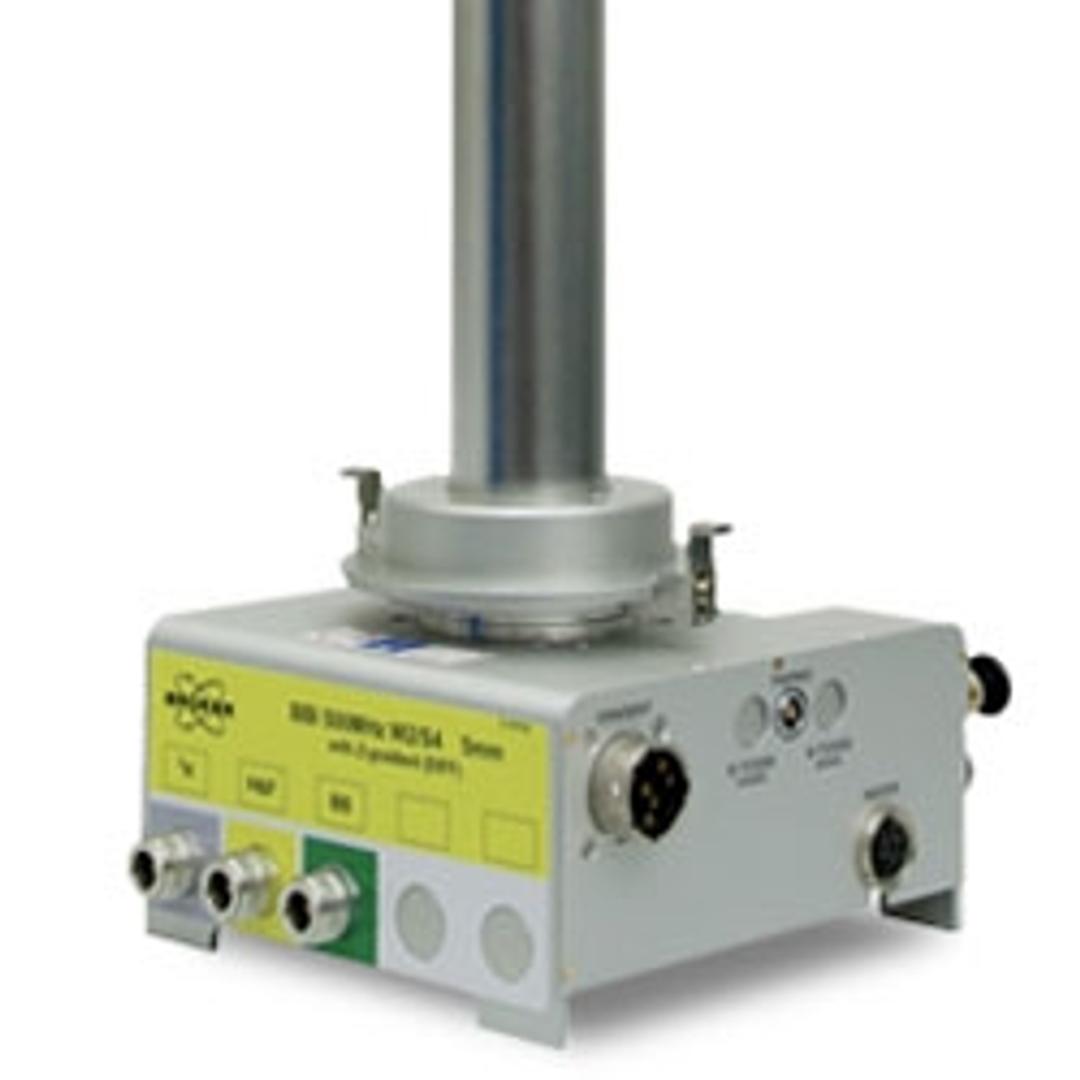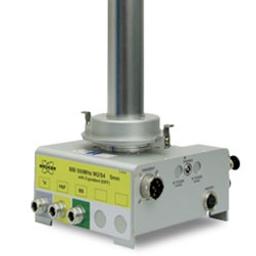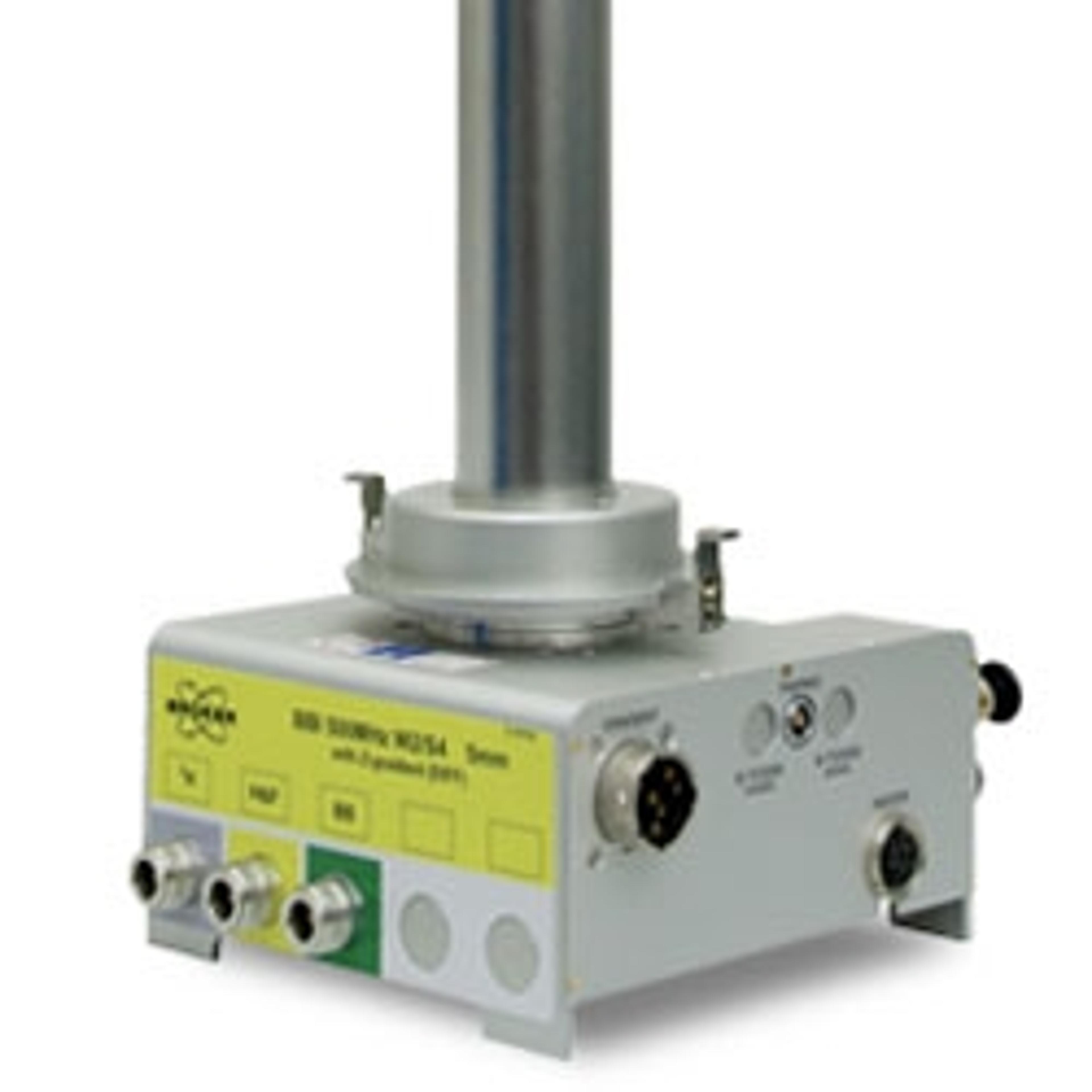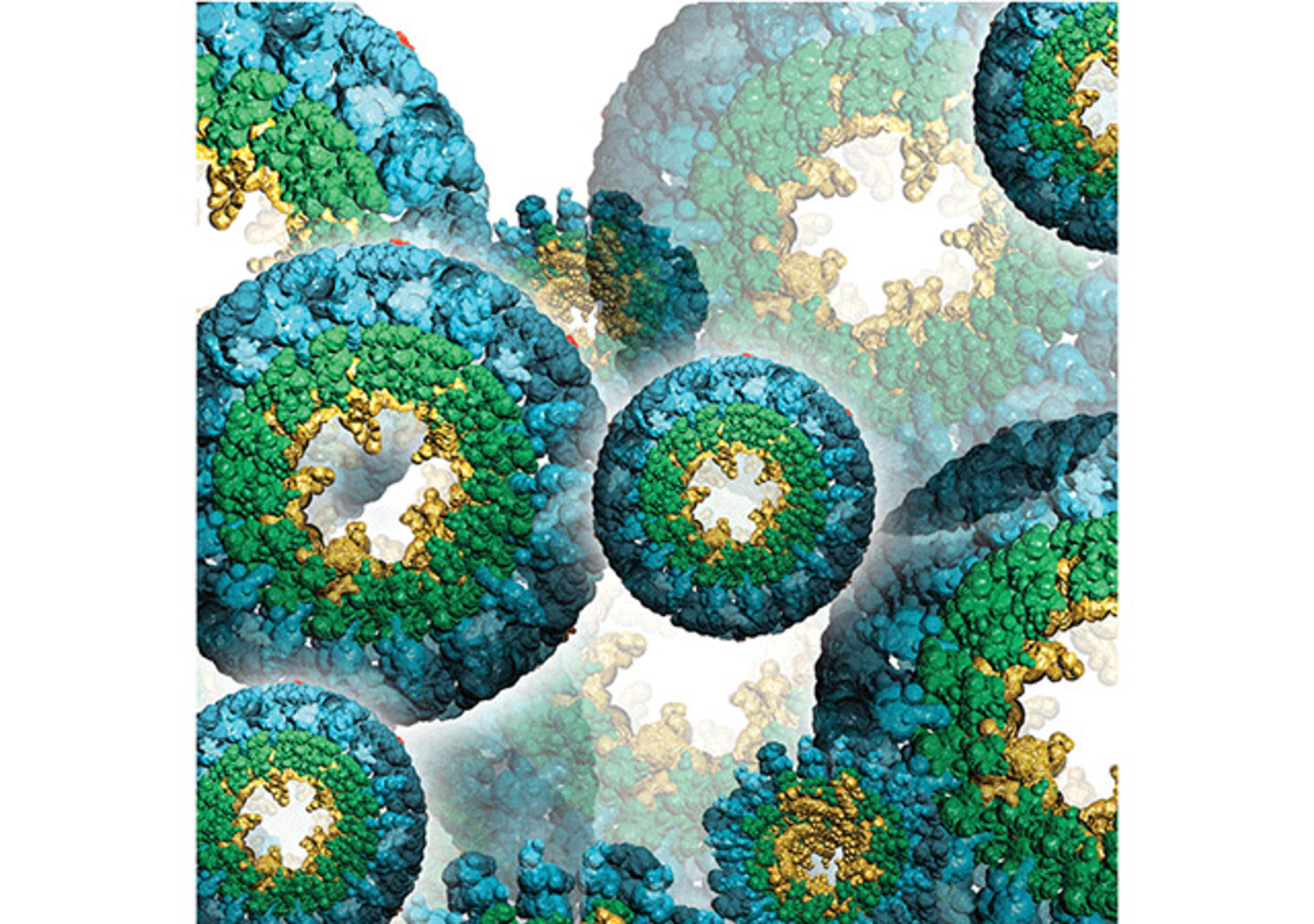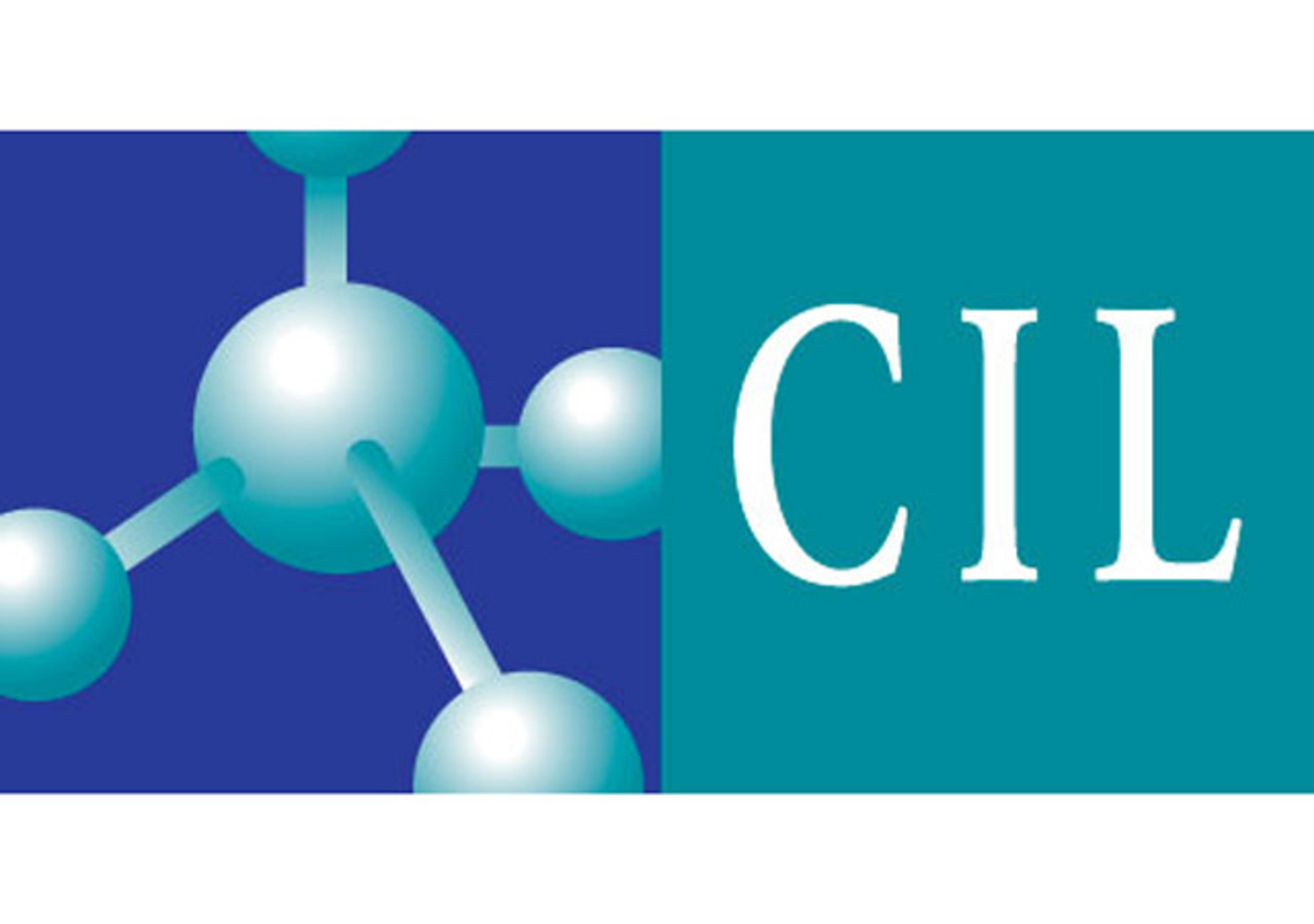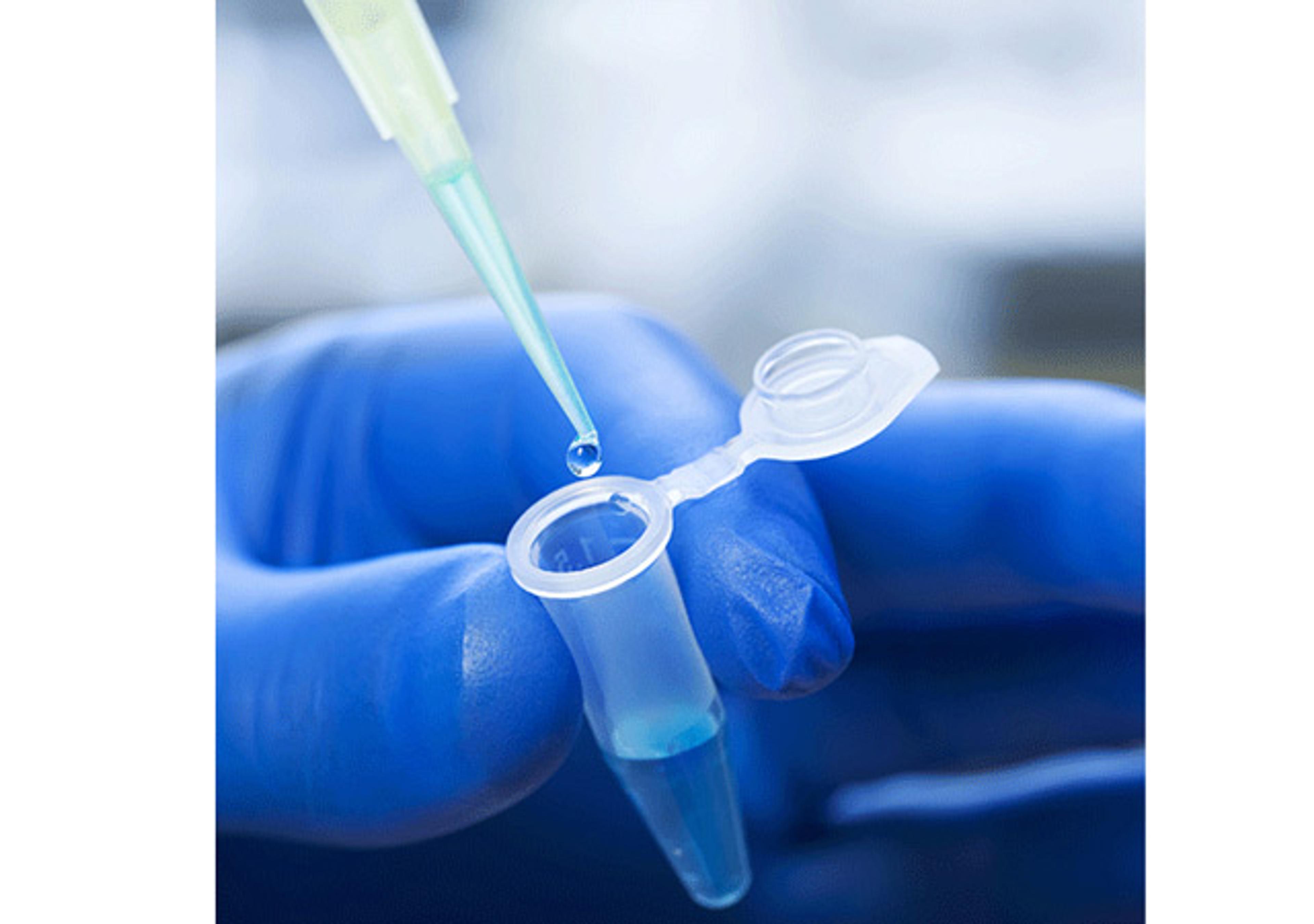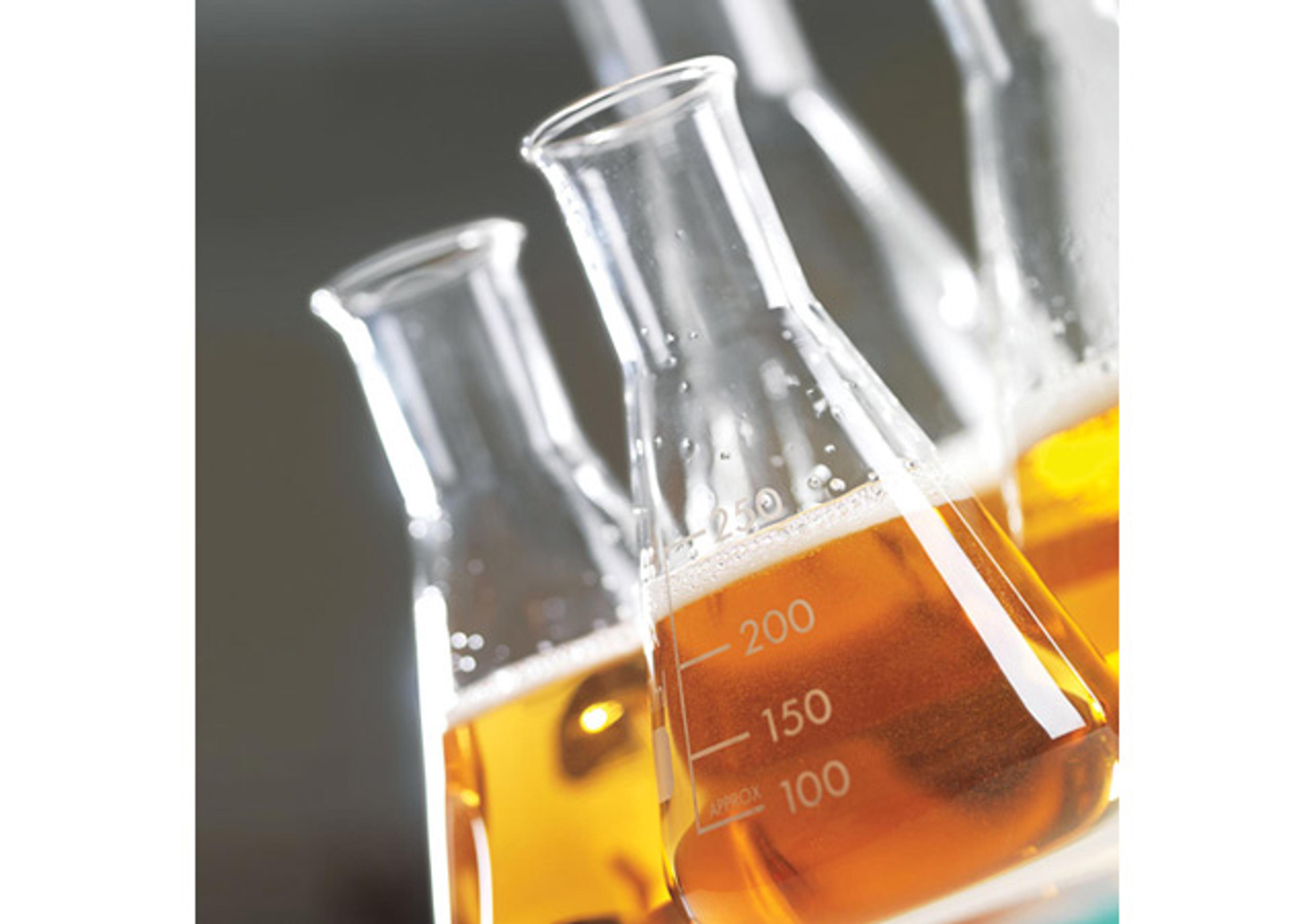Diffusion NMR Probes
Pulsed-field-gradient (PFG) NMR techniques have been used for many years to measure diffusion and other molecular motion in liquids and solids, and interest in various applications continues to grow. PFG techniques are used to study the mobility of molecules, the structure of materials (porous systems, polymers, electrolytes, food and more) and to characterize mixtures. Free and restricted diffusion and translational motio…
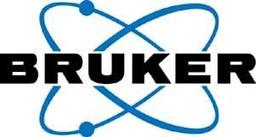
The supplier does not provide quotations for this product through SelectScience. You can search for similar products in our Product Directory.
Good service.
Analytical chemistry
Equipment is robust and high quality. Reproducible analysis and good maintenance service.
Review Date: 6 Jun 2020 | Bruker BioSpin
Pulsed-field-gradient (PFG) NMR techniques have been used for many years to measure diffusion and other molecular motion in liquids and solids, and interest in various applications continues to grow.
PFG techniques are used to study the mobility of molecules, the structure of materials (porous systems, polymers, electrolytes, food and more) and to characterize mixtures. Free and restricted diffusion and translational motion are investigated. Strong gradient pulses up to 17 T/m and more are required to study high molecular weight and/or high viscous samples with small diffusion coefficients.
Materials with short T2 and T2* relaxation times require fast switching times of gradient pulses to acquire as much signal amplitude as possible between excitation, application of gradient and rf-pulses and data sampling. Precise measurements depend on excellent field linearity over the sample volume. Water cooling allows experiments with high duty cycles without overheating the gradient system. Observation of different nuclei of a sample often at variable temperatures during the same experimental session enables an efficient experimental session.
All these properties and requirements are considered in the three different versions of the Bruker diffusion probes with strong z gradients, the Diff30, Diff50 and the DiffBB versions

